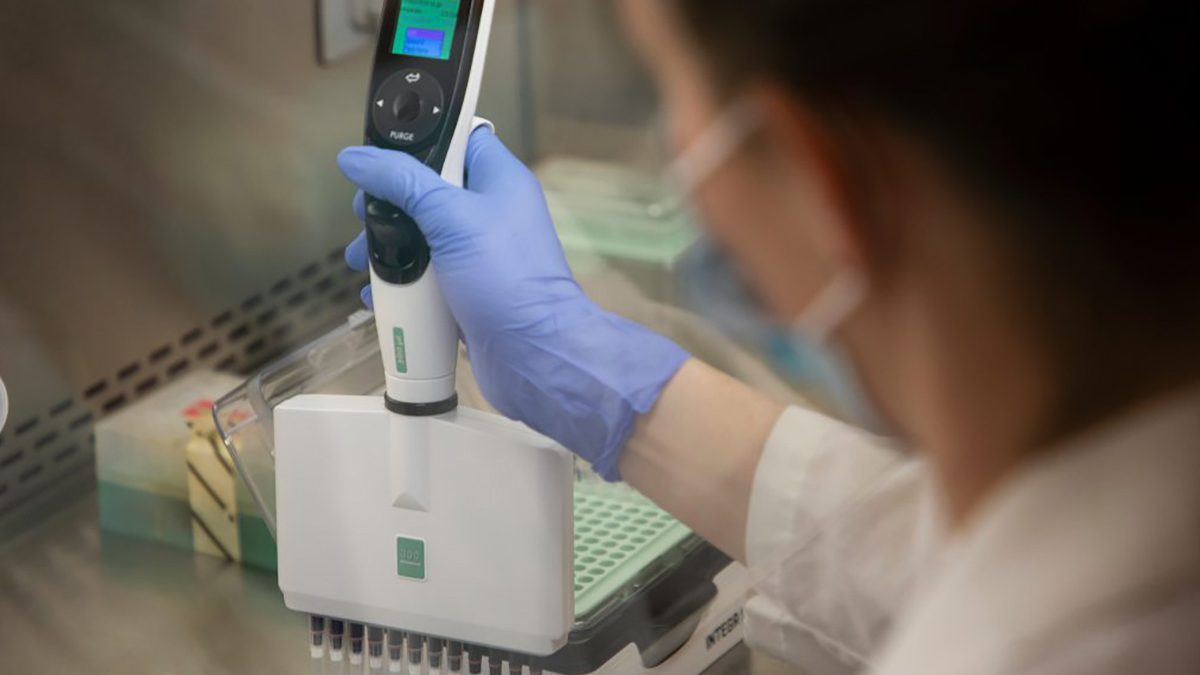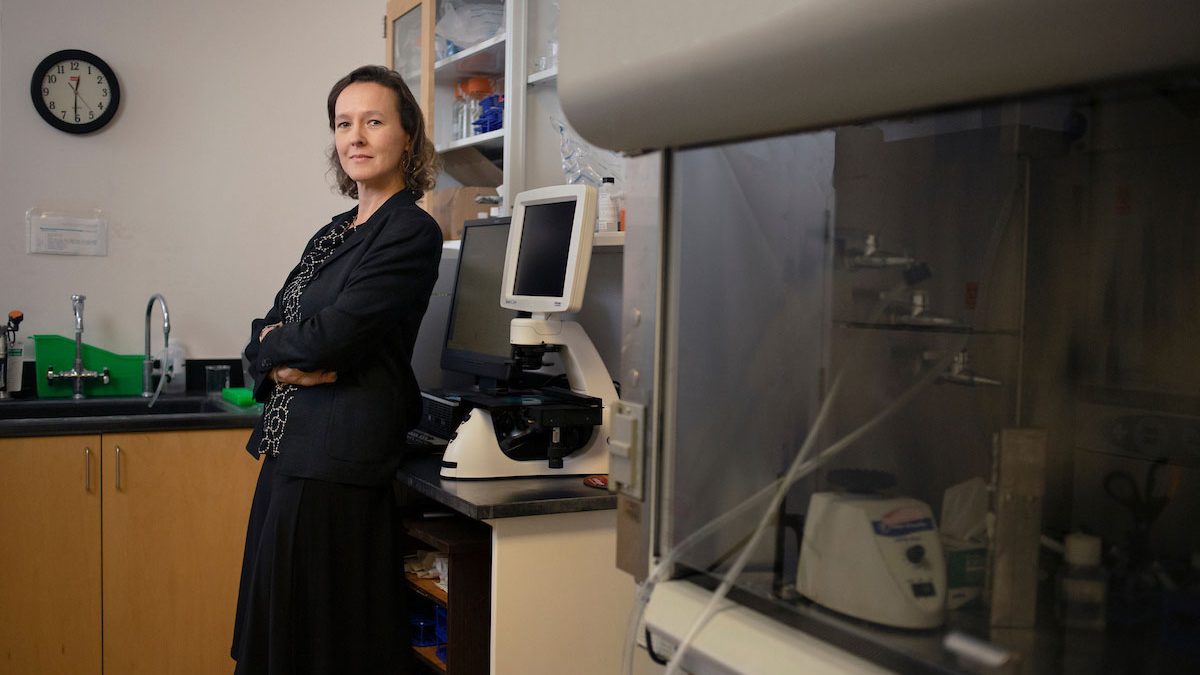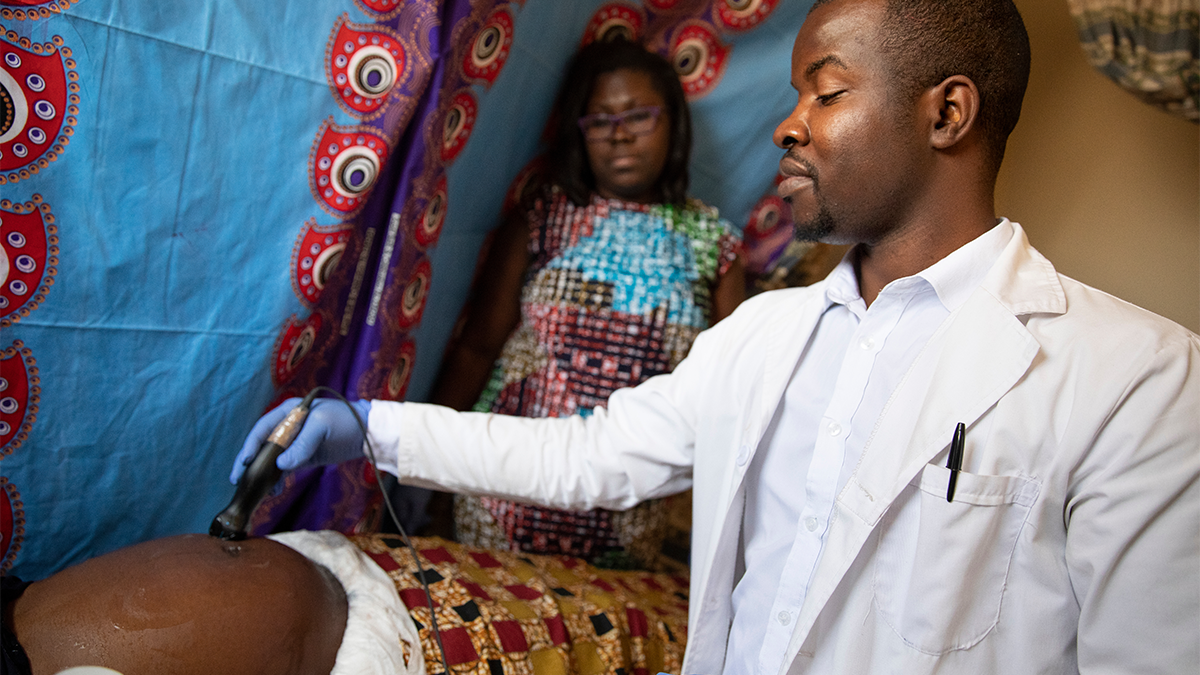Preparing for the Next Pandemic
NIH funding will support the development of oral antivirals to fight future pandemics

NIH funding will support the development of oral antivirals to fight future pandemics
The National Institute of Allergy and Infectious Diseases, part of the National Institutes of Health, awarded the UNC Gillings School of Global Public Health a $65 million grant, establishing an Antiviral Drug Discovery Center to develop oral antivirals that can combat pandemic-level viruses like COVID-19. The center builds upon and is tightly affiliated with Carolina’s Rapidly Emerging Antiviral Drug Development Initiative.
The READDI-AViDD Center is an integrated public-private partnership with a renowned, interdisciplinary research team of experts from the Gillings School, UNC School of Medicine and UNC Eshelman School of Pharmacy. They will apply cutting-edge technologies to develop oral therapies that target viral families with high potential to cause a pandemic in the future. Additionally, the center will draw on the resources of industry partners to accelerate research, making use of the companies’ chemical libraries and expertise in moving candidates into the product development pipeline.
“The devastating effects of the SARS-CoV-2 pandemic illustrates the critical need for new antiviral treatments for both existing and future viral disease threats,” said Mark Heise, professor of genetics at the UNC School of Medicine and co-founder of READDI alongside Ralph Baric, William R. Kenan, Jr. Distinguished Professor in epidemiology, microbiology and immunology and Associate Professor of Microbiology and Immunology Nathaniel Moorman. “The READDI-AC Program is poised to significantly enhance our ability to treat existing threats while preparing for future viral disease outbreaks.”





